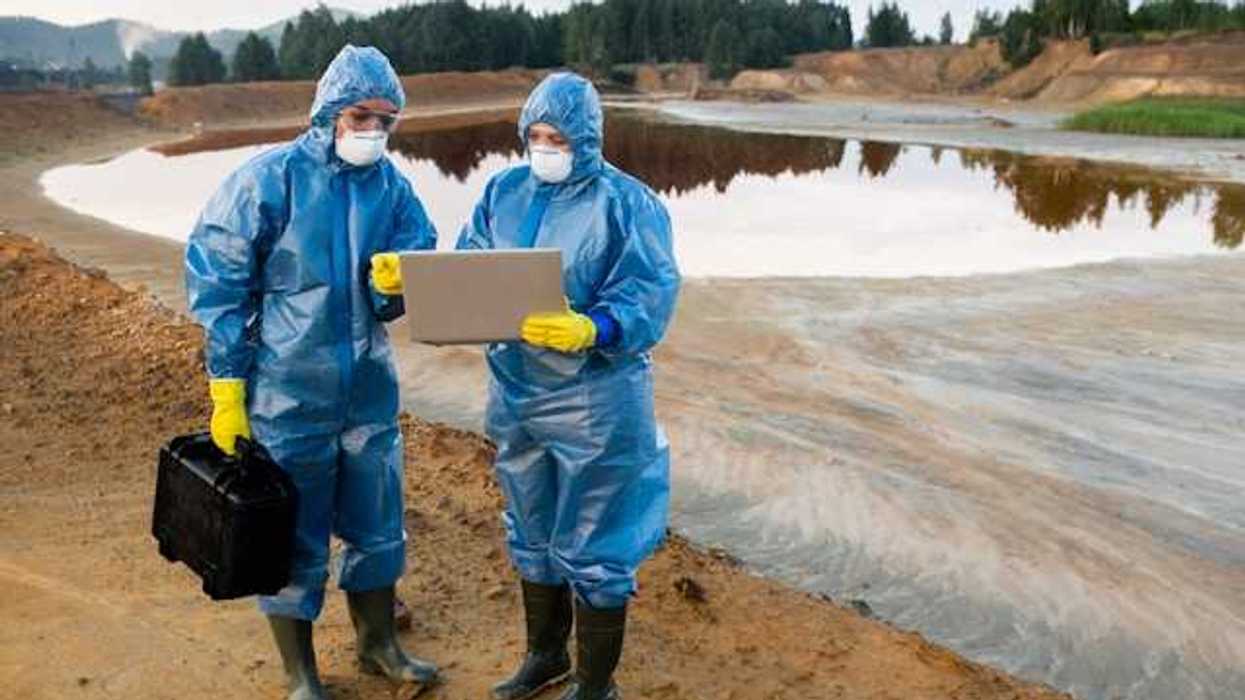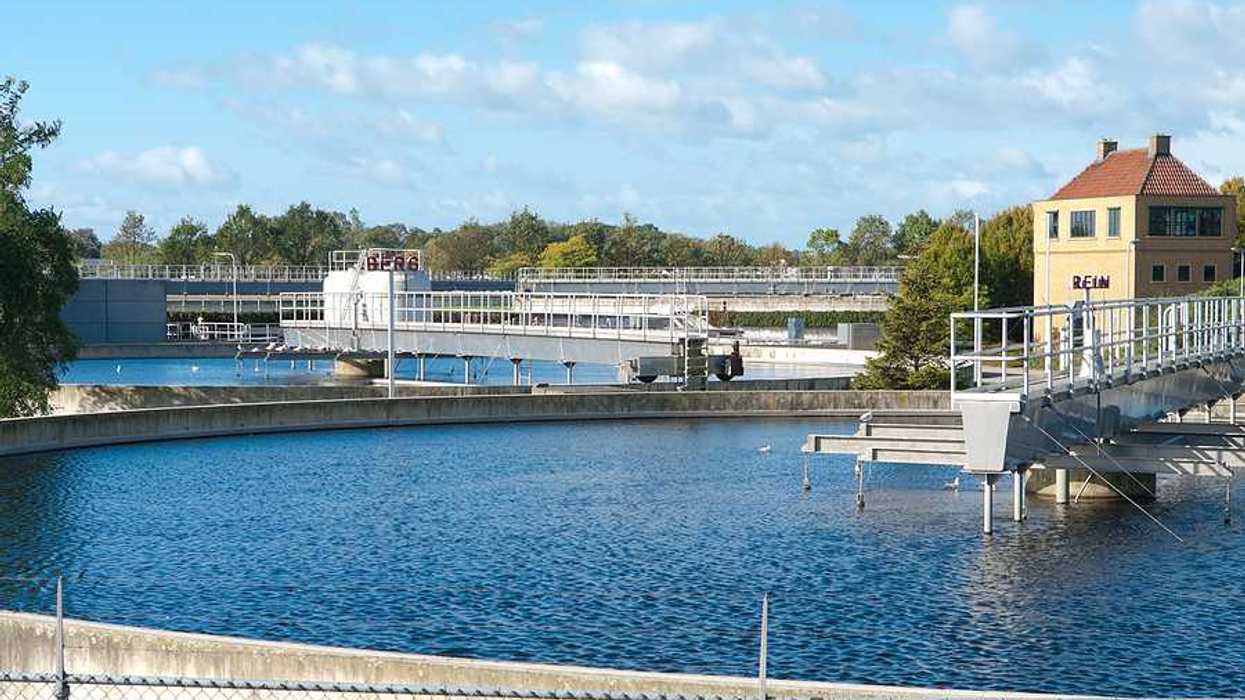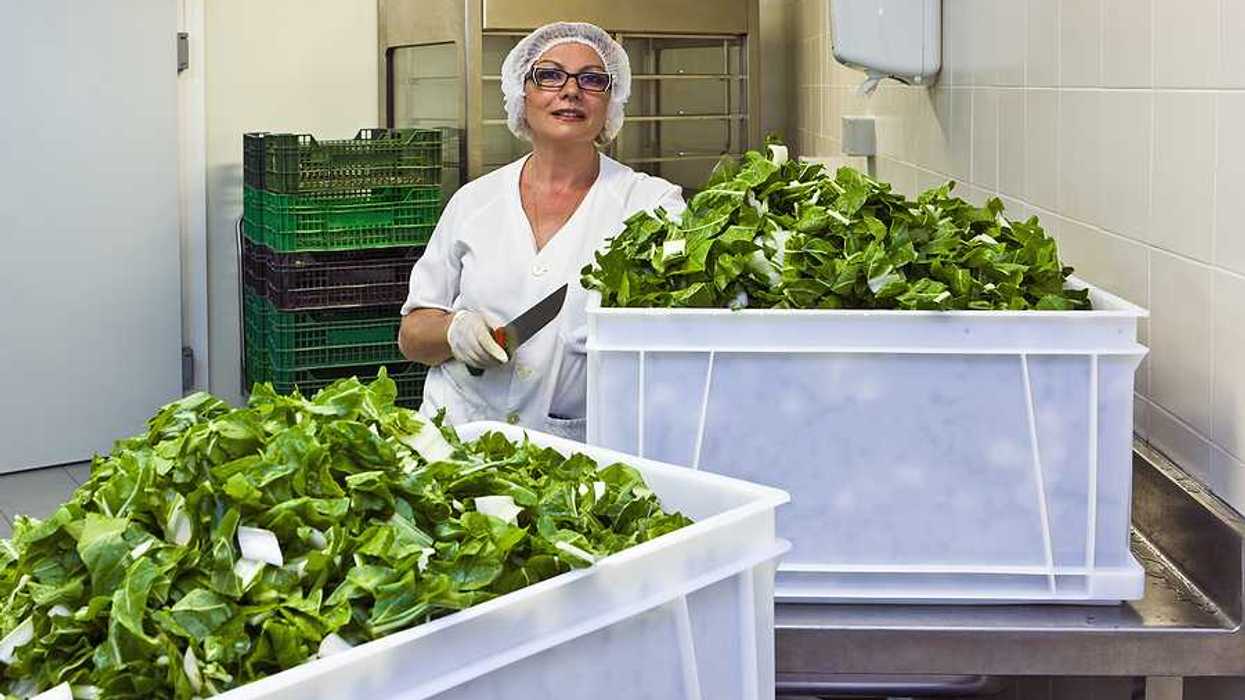A federal trial beginning Monday will assess the harm caused by contaminated water at the U.S. Navy’s Red Hill facility on Pearl Harbor, which impacted thousands, including military families.
Christina Jedra reports for Honolulu Civil Beat.
In short:
- Thousands of residents, including military families, suffered health issues from drinking water contaminated with jet fuel from the Navy's Red Hill storage facility in 2021.
- The lawsuit against the Navy seeks damages for pain, suffering, and medical expenses for more than 7,500 affected individuals.
- This landmark case is significant as the government has already admitted negligence, yet disputes the extent and cause of the health problems.
Key quote:
“As a service member, I care deeply about this because it’s my institution that poisoned these people. As the one who still wears the uniform, I believe in our core values that people are our greatest asset, and we have an obligation to care for people, especially when they’re harmed. That did not happen."
— Army Major Amanda Feindt, one of the plaintiffs.
Why this matters:
The outcome of this trial could influence future regulations on fuel storage facilities nationwide, particularly those near critical water sources. It may lead to stricter regulations and more robust monitoring systems to prevent similar incidents.
Derrick Z. Jackson's 2018 article highlights the need for government action to address water contamination primarily affecting U.S. military sites, posing significant health risks to military personnel and local communities.














